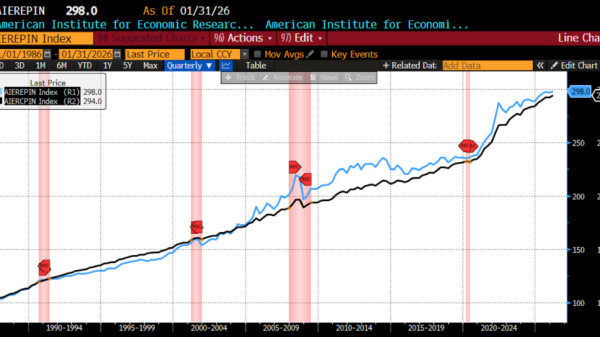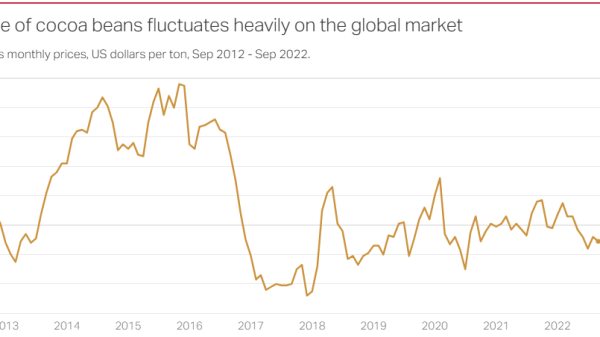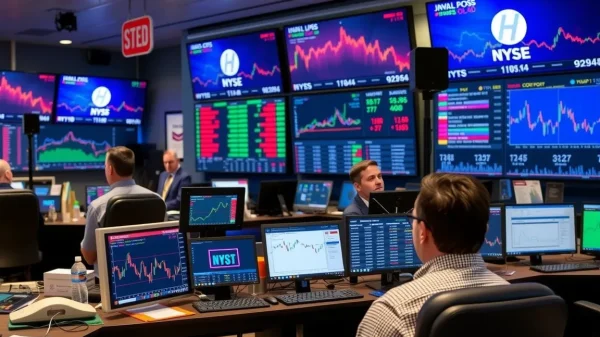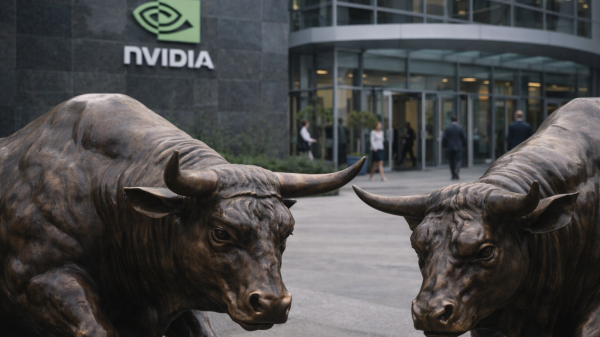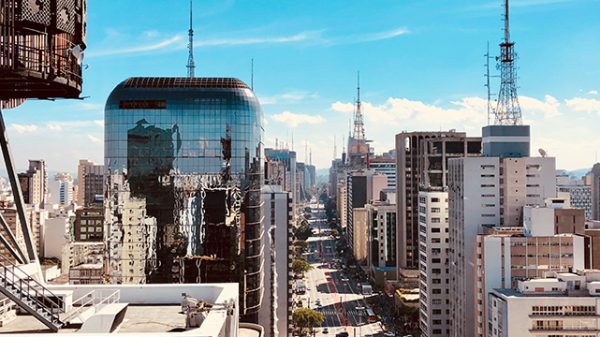Few deny the importance of human capital (economists’ fancy word for education and skills) for economic development. This importance is obvious: better-educated workers are more productive and can be more effectively combined with physical capital, thereby increasing the productivity of the former (and wages as a byproduct).
Well-protected property rights, low taxation, and minimal regulation increase the returns on human capital acquisition — all the things that speak to economic freedom. For example, if the government imposes strict regulations, the ability of individuals to respond is diminished. For example, if the state requires a special license to practice a profession (as is the case in the United States, where about 20 percent of jobs are regulated by professional orders or licensing systems, it becomes difficult to benefit from the accumulation of human capital. Since all these conditions are synonymous with economic freedom, it is clear that the latter is crucial for motivating human capital acquisition.
However, some argue that the state encourages education through subsidies, especially post-secondary education. By taxing the rich to help the less fortunate acquire human capital, the state not only supports the less well-off but also stimulates economic growth. However, these taxes reduce economic freedom.
This tension implies that economic freedom is a double-edged sword. On the one hand, it encourages the accumulation of human capital. But if the state taxes the wealthy to redistribute to the less fortunate, this reduction in economic freedom can paradoxically lead to an increase in human capital.
Which effect dominates? There are good reasons to believe that the theoretical case for the state promoting human capital accumulation through redistribution is exaggerated. First, a highly interventionist state that taxes heavily and intervenes extensively in credit markets can stifle the supply of credit from financial institutions or businesses to students. This supply — dollar for dollar — is often more effective than that of the state. Why? Because these institutions want to be repaid and will therefore offer loans to those who are likely to be able to repay the amounts borrowed. The state does not have the same incentives. After all, the politician who promises subsidies for university attendance does not need to be financially reimbursed; instead, he expects to win the vote of the subsidy recipient.
Moreover, many types of human capital investments (professional, university, technical, college degrees) involve a degree of uncertainty. Why? Because generally, the time spent learning has no value unless the degree is obtained. A person who needs to take ten courses to obtain a certification but only completes nine will not receive nine-tenths of the diploma’s return — they will likely receive close to zero. The risk of non-completion is a form of uncertainty and represents a cost. Income tax increases the weight of this risk by making risk-taking less profitable. If people are risk-averse, the negative effect of one dollar of tax is greater than the positive effect of one dollar of subsidy.
This is why, when examining the existing empirical literature on economic freedom and human capital, particularly the work of economist Horst Feldmann, we find that more economic freedom leads (on net) to an increase in human capital. Using the Fraser Institute’s Economic Freedom Index, Feldmann found that an additional point of economic freedom increased high school enrollment rates by 33.48 to 37.98 percentage points. Another group of researchers, using data from 86 countries, confirmed that finding when they found that an additional point of economic freedom increased the rate of return on education by 0.45 percentage points. This means that freer economies were able to make human capital (and self-improvement) more enticing for workers.
In forthcoming work with Alicia Plemmons and Justin Callais, I test whether economic freedom favored intergenerational educational mobility — whether children’s educational status in adulthood is determined by their parents. The idea is that, if economic freedom is net beneficial, we should see the children of poor parents be able to acquire more human capital. We found exactly that — economic freedom is potently associated with greater educational mobility.
In conclusion, the argument in favor of state intervention in education — without which there would not be enough investment in human capital — is not particularly convincing. The case for more economic freedom, for its part, is far stronger.


